if my poor epistles are worth preserving, to lay it by in a separate and sealed envelope. You may have to unseal it only after a certain period of time has elapsed. As to the rest — I relinquish it to the mangling tooth of criticism. Nor would I interfere with the plan you have roughly sketched out in your mind. But I would strongly recommend you in its execution to lay the greatest stress upon small circumstances — (could you oblige me with some receipt for blue ink?!) which tend to show the impossibility of fraud or conspiracy. Reflect well, how bold a thing it is to endorse phenomena as adeptic which the Spirits(ts) have already stamped as proofs of mediumship and skeptics as legerdemain. You should not omit one jot or tittle of collateral evidence that supports your position, something you have neglected doing in your "A" letter in the Pioneer. For instance, my friend tells me that it was a thirteenth cup and the pattern unmatchable, in Simla at least.(#) The pillow was chosen by yourself — and yet the word "pillow" occurs in my note to you, just as the word "tree" or anything else would have been substituted, had
______________________
(#) So, at least, Mrs S. says; I myself did not search the crockery shops; so too, the bottle filled with water — I filled with my own hand — was one of the four only that the servants had in the baskets, and these four bottles had but just been brought back empty by these peons from their fruitless search after water, when you sent them to the little brewery with a note. Hoping to be excused for the interference and with my most respectful regards to the lady. Yours, etc.
The "Disinherited"

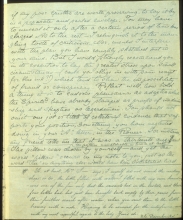
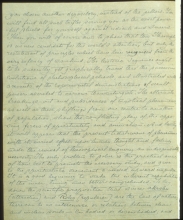
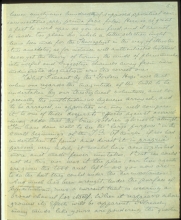
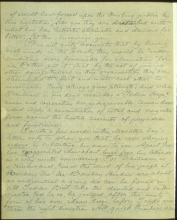
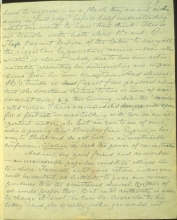
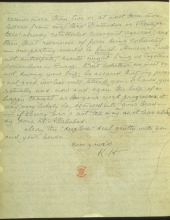
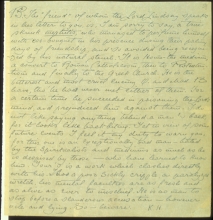

The word "receipt" (for blue ink) may have been used here in its less common meaning of "recipe".